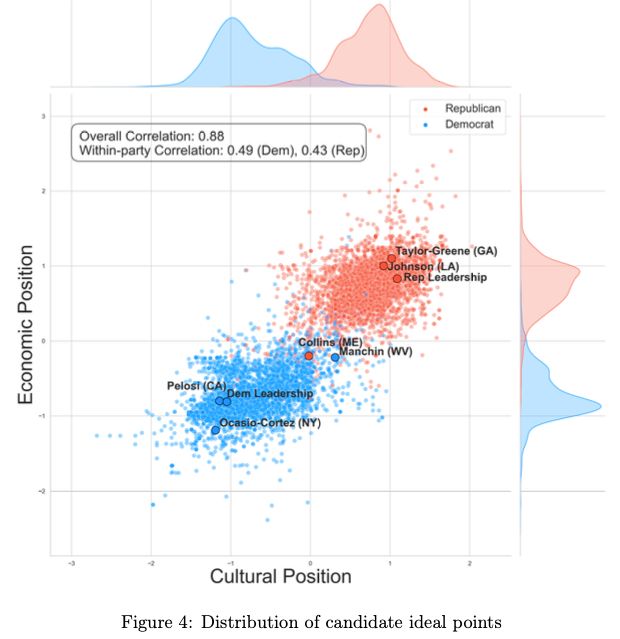Political Economy | Environmental Economics | Empirical Industrial Organization
https://nicolaslonguetmarx.github.io/
18/N

18/N
17/N

17/N
15/N

15/N
10/N

10/N
8/N

8/N
7/N

7/N
6/N

6/N
5/N

5/N
4/N


4/N
1/N

1/N

